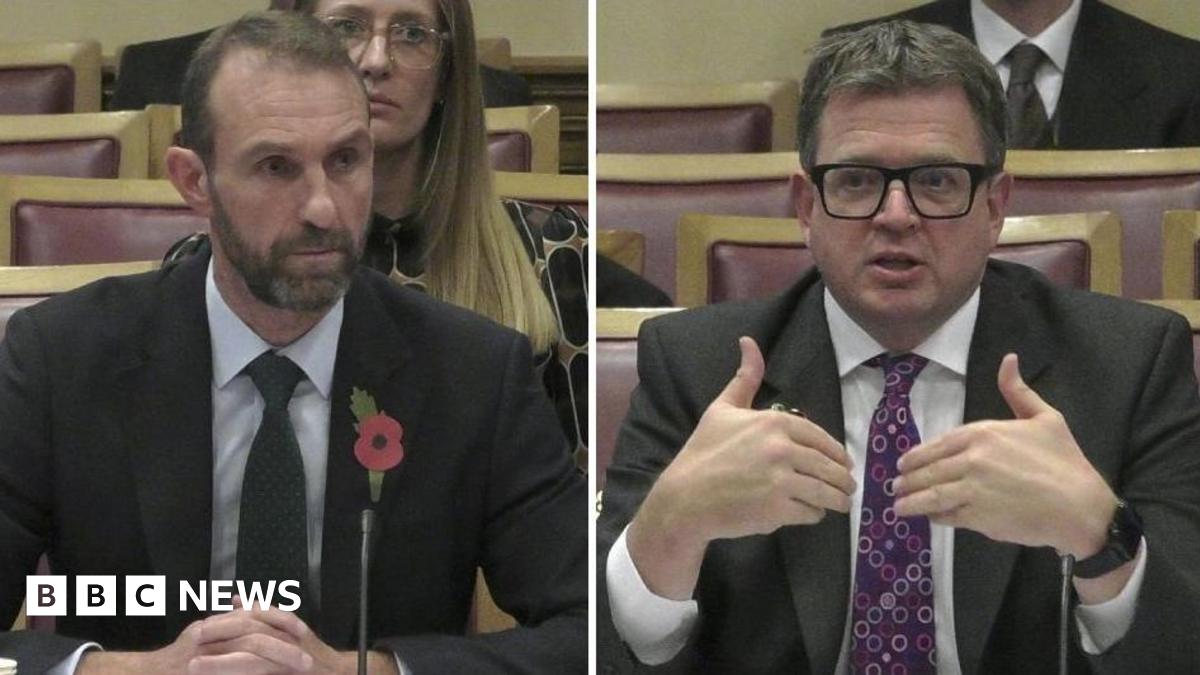He said he always knew the case would be “a challenge” but that he had been “trying to ensure that we could support a successful prosecution”.
Mr Collins – who was set to be the government’s witness in the trial – added: “And so I was somewhat surprised when I was told on 3 September that the intention was to drop the case.”
In contrast Tom Little KC – who would have been the lead prosecuting barrister in the case – said he would be “surprised” if Mr Collins had not realised the prosecution would collapse unless he offered further evidence.
Earlier in the session, Mr Little had said Mr Collins had been clear he would not say that “China posed an active threat to national security at the material time”.
“That was in answer to what I regard as the million dollar question in the case, and once he had said that the current prosecution for those charges was effectively unsustainable,” he added.
He said the case was brought to “a crashing halt” when Mr Collins outlined the limits of what he would be wiling to say in court.
Asked by the National Security Strategy Committee about the evidence he provided to prosecutors, Mr Collins said: “What I was able to say is that China poses a range of threats to our national security.
“I was able to say that these include espionage threats, cyber threats, threats to our democratic institutions, threats to our economic security.
“I would be able to say that these threats are very real and persistent, and the operational partners are dealing with them on a daily basis.”
He added he believed the CPS was asking him to “use the generic term that China is a threat, or China is an active threat, which is not in line with government policy at the time”.

